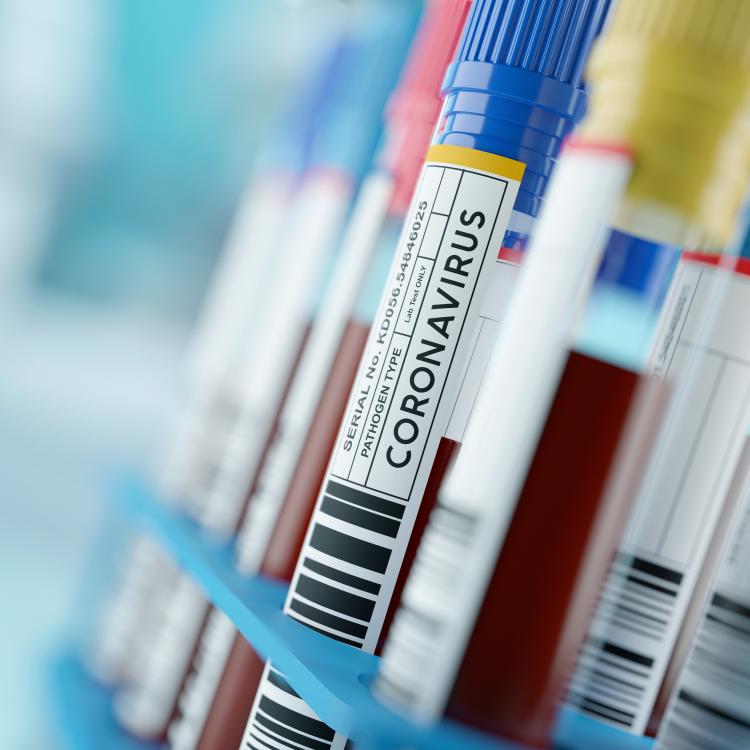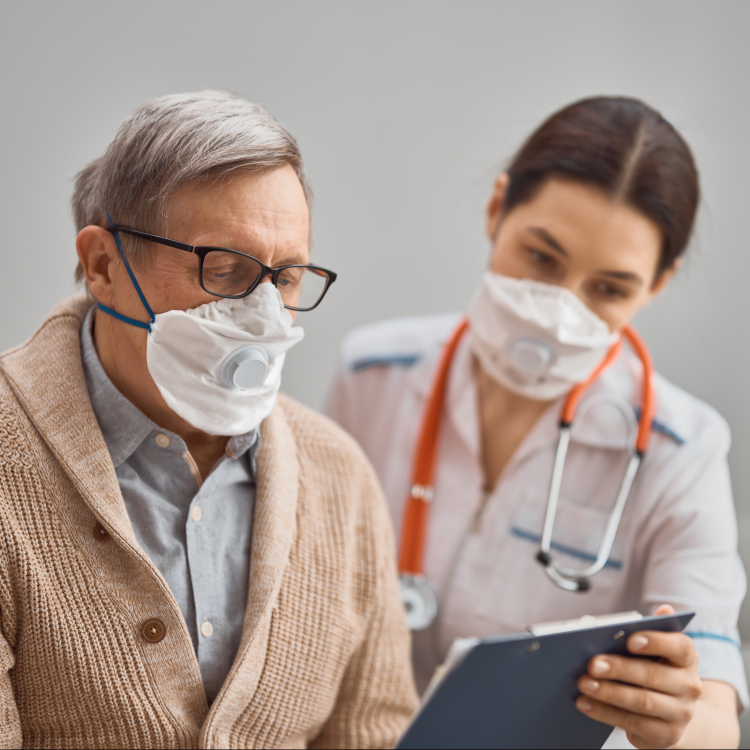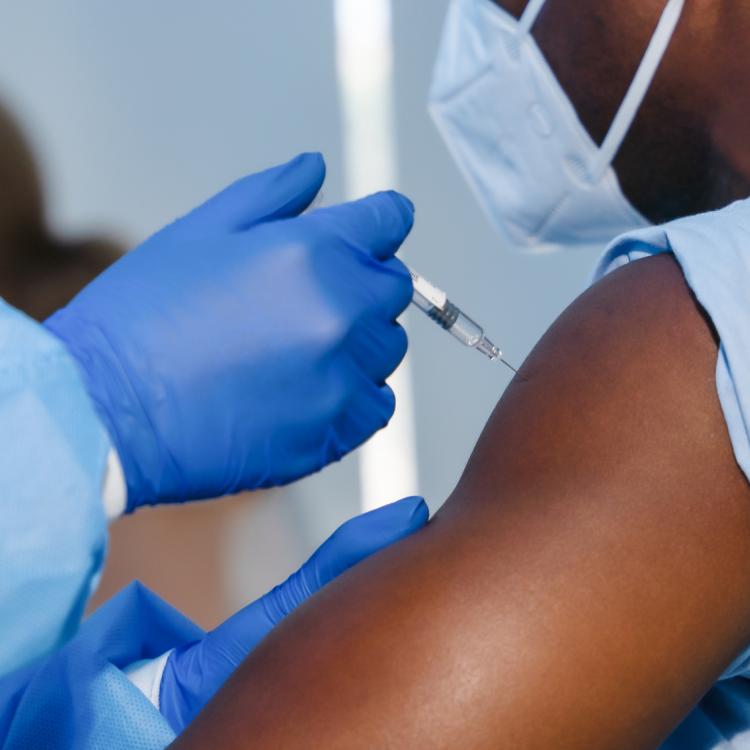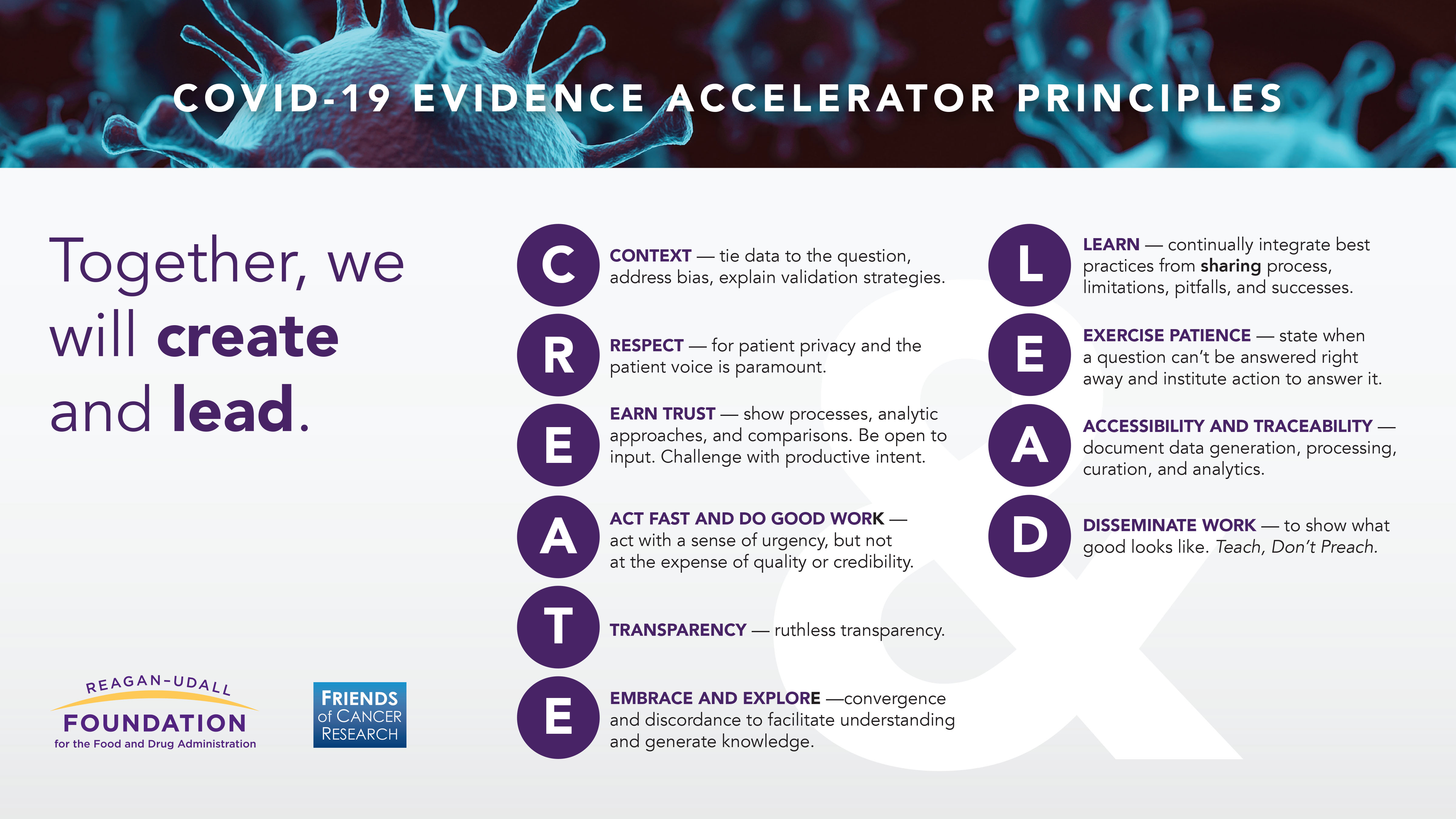In the midst of a global pandemic, the Reagan-Udall Foundation for the FDA, along with Friends of Cancer Research, created an unprecedented regulatory science collaborative to share real-world data and to generate innovative responses on how to deal with COVID-19.
The COVID-19 Evidence Accelerator was a forum for key players across the health care ecosystem to share real-world data and evaluate new diagnostics, treatments, and vaccines for COVID-19. The Evidence Accelerator provided a unique framework for sharing and advancing ideas.
On October 20, 2022, we highlighted the accomplishments and shared learnings from the Accelerator, more information from the close-out meeting is available here.
The Evidence Accelerator Story
In March 2020, at the request of the FDA, the Reagan-Udall Foundation for the FDA, in collaboration with Friends of Cancer Research, created the COVID-19 Evidence Accelerator — a forum for stakeholders across the health care spectrum to share real-world data and to generate ideas.
Initial efforts focused on understanding the natural history of COVID-19 and therapeutics, as little was known about the disease or potential medications that might be used to treat the virus effectively. The Evidence Accelerator lab meetings created a “safe collaborative space” to assimilate and evaluate data generated from across the country for organizations across the health data ecosystem: FDA, major health data/technology organizations, academia, professional societies, health systems, insurers, and drug and device industries. In May of 2020, the Diagnostics Accelerator, supported in part by a grant from The Rockefeller Foundation, began reviewing real-world data including test performance, surveillance trends, contemporaneous symptoms and presentation.
The Evidence Accelerator evolved to address new challenges created by the pandemic. As COVID-19 vaccines became available, we launched a vaccines workstream, and we continue to explore how the Evidence Accelerator framework for knowledge sharing and advancing opportunities in real-world evidence may help address other critical health needs.




